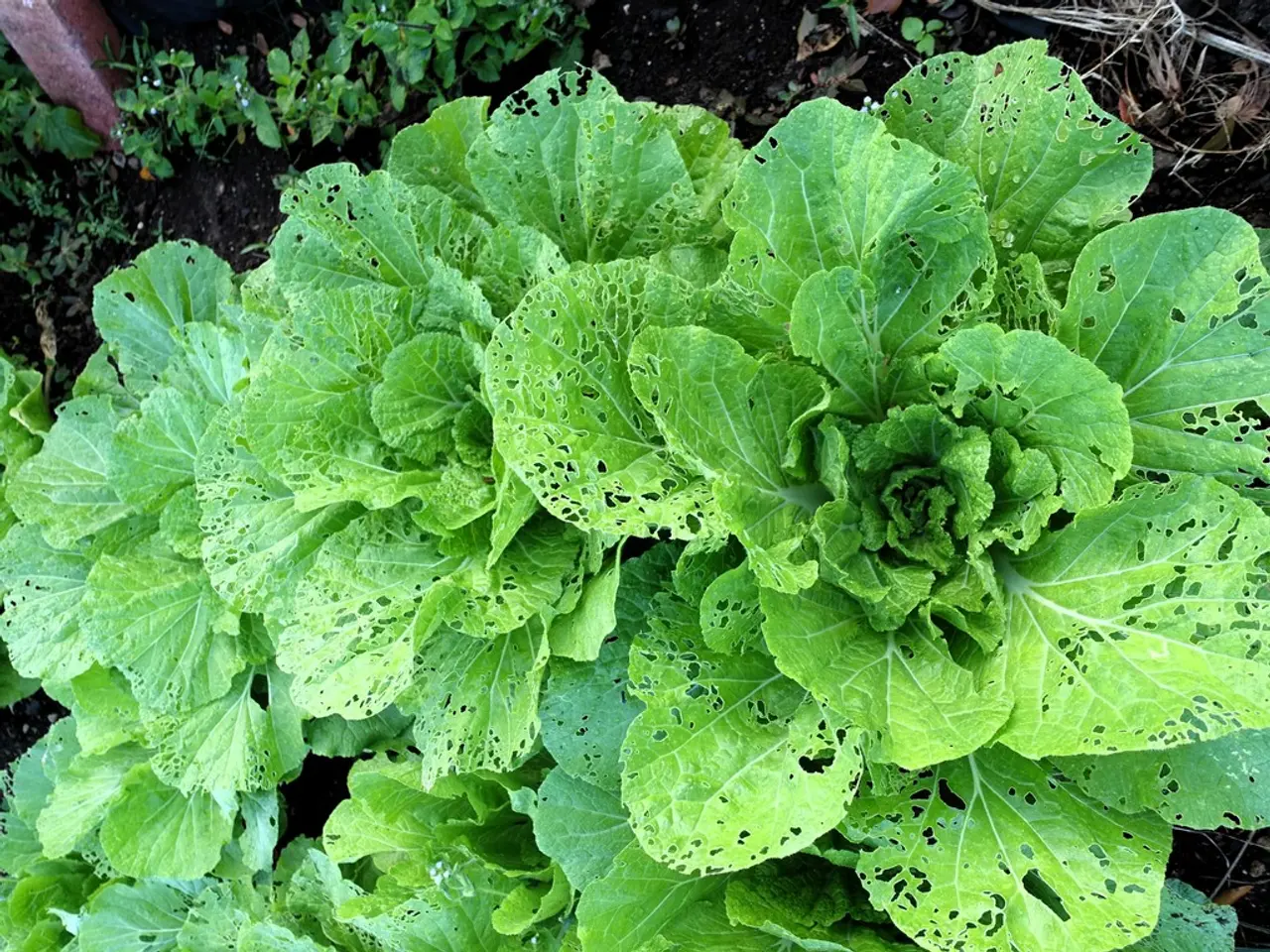Affordable Spinach Outshines High-End Brands in Eco-Friendliness Tests.
In the bustling food retail industry, organic foods continue to gain popularity among consumers, with a turnover of 11.67 billion euros recorded in 2024, marking a 7.9% increase from the previous year. Consumers often associate organic foods with being more animal and environmentally friendly, coming from regional sources, and containing fewer pollutants. However, the quality of organic foods is not always indicative of their higher price.
Organic foods, products from organic farming, a protected designation in the EU, are produced without the use of artificial fertilizers, sewage sludge, genetically modified organisms, or chemical-synthetic plant protection agents. Animals raised for organic foods are kept in a species-appropriate manner, and the use of antibiotics or hormonal agents is prohibited.
Recently, consumer magazine Öko-Test conducted a test on spinach, a popular leafy green, and the results were surprising. In the test of frozen spinach, All Seasons Creamed Spinach from Aldi Nord and Aldi Süd, Ja! Creamed Spinach from Rewe, and Tegut Creamed Spinach received the best rating out of 22 products. Cheap spinach outperformed more expensive brands, demonstrating that organic foods do not always have to break the bank to offer quality produce.
In the test, these top-rated spinach products contained minimal amounts of nitrate, no nitrite, and no pesticides or other pollutants. The test results regarding vegan fish sticks also surprised consumers, with some budget-friendly options performing well against pricier brands.
It's important to note that the quality differences between expensive and cheap organic vegetables are not always consistent; some cheaper organic products can perform as well as or better than more expensive ones depending on factors like producer practices and freshness.
Consumer magazine Öko-Test regularly checks products for quality and price-performance ratio in addition to state control mechanisms. While there is no confirmed evidence of a consistent quality difference between expensive and cheap organic spinach demonstrated by Öko-Test, consulting their specific publications or trustworthy summaries would provide more precise test outcomes.
The quality of food in the country is subject to strict regulations, ensuring that consumers can trust the products they purchase, whether organic or not. As the demand for organic foods continues to grow, it's essential to remember that quality and price are not always directly correlated.
- Economic and social policy regarding organic foods should consider the importance of price-performance ratio, as demonstrated by Consumer magazine Öko-Test, where cheaper organic spinach outperformed more expensive brands.
- The intersection of science, health-and-wellness, and healthy-cooking is further explored in the findings of Öko-Test, revealing that nitrate, nitrite, and pesticide levels in organic produce can dramatically vary, regardless of price.
- With an increasing focus on lifestyle, food-and-drink choices, and the environment, consumers are urged to consider not only the price but also the quality of organic foods when making their decisions, as demonstrated by the diverse results seen in the Öko-Test spinach test.




